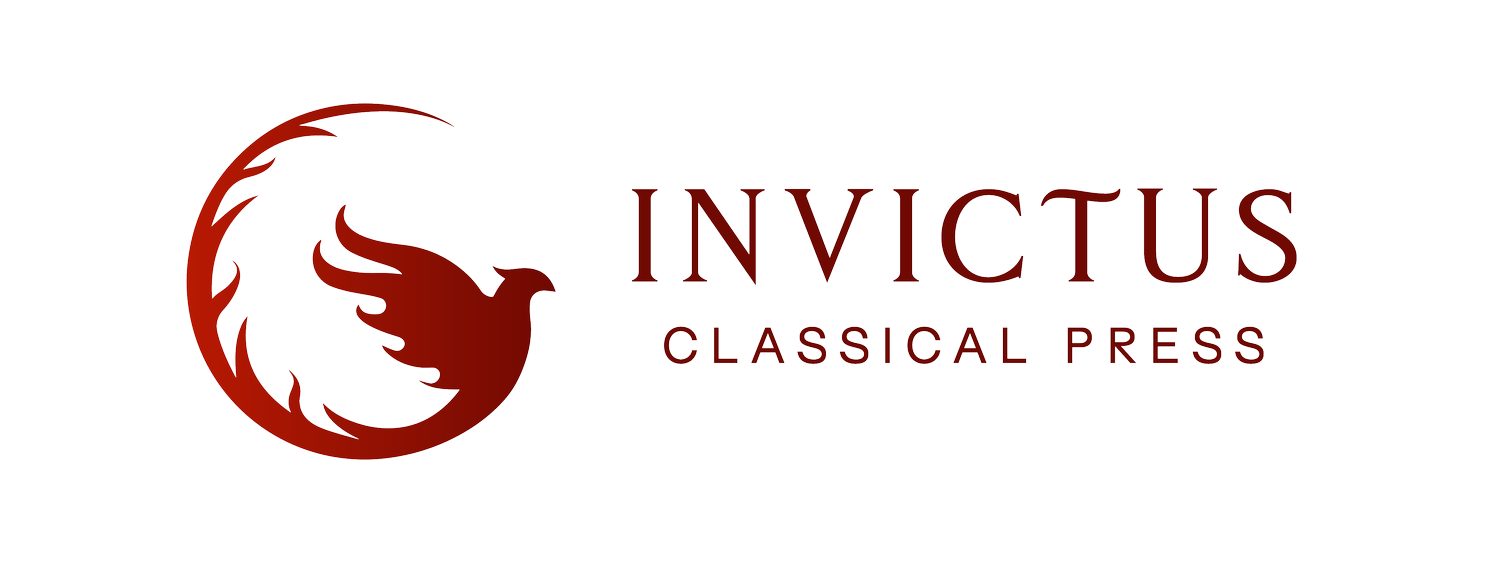How Does Invictus Embrace Charlotte Mason’s Philosophy of Education?
By Nicole Henry
First, Invictus embraces the core CM practice of narration. We include instructions for how to do simple narration in the introduction to the guide, and every week has at least ten read aloud suggestions that either integrate directly with the subject material being learned, or are continuing suggestions such as longer novels, poetry anthologies, myths, folktales, or fairy tales.
Second, we embrace the study and memorization of quality hymns and poetry, as well as substantial scripture passages. We attempt to integrate these with the core work as well, so, for example, the late modern guide focuses on chemistry as our science, and one of the poems the students read and partly memorize is: To the Chief Musician upon Nabla: A Tyndallic Ode, by James Clerk Maxwell, who also happens to be one of the scientists that we focus on in the accompanying science guide.
Third, we are art and music lovers, so we include a picture study and a music listening suggestion that integrates with each week's history catechism. We also include a picture study (and read aloud suggestions) for each lesson in our art, music, and science guides, which "flesh out" the core memory guide.
Fourth, we believe in the importance of nature study and getting kids outdoors, so our science guide has specific nature study related activities and instructions for keeping a nature journal.
Fifth, we strive for cultural inclusivity in the curriculum. The guides are truly "world focused," with attention given to the beauty and accomplishments of every continent and people, while also being truthful about questionable, or even sinful actions of the past (slavery and colonialism for example). I would like to believe that CM would be as inclusive (and honest) if she were alive today.
Sixth, and I will end with this one, Invictus embraces foreign language study in much the same manner that CM does. We begin with basic Greek in the ancients guide, then move to Latin and French in the medieval, early modern, and late modern guides. Students learn not only the basic grammar and some vocabulary, but also famous sayings, bits of poetry, prayers, and hymns in all three of these languages. Eventually we hope to have a version that contains Spanish instead of French as an option, but since we are a Canadian born company, we went with French first.
I hope that gives you a "bird's eye view" of what the Invictus CM vision is. We are not purists and we're ok with that. We don't advertise as a pure CM curriculum, but as a beautiful blend of modern classical (core memory work at the elementary level) and CM. We believe there is truth, goodness, and beauty in both pedagogies, so we made something that reflects that belief.


